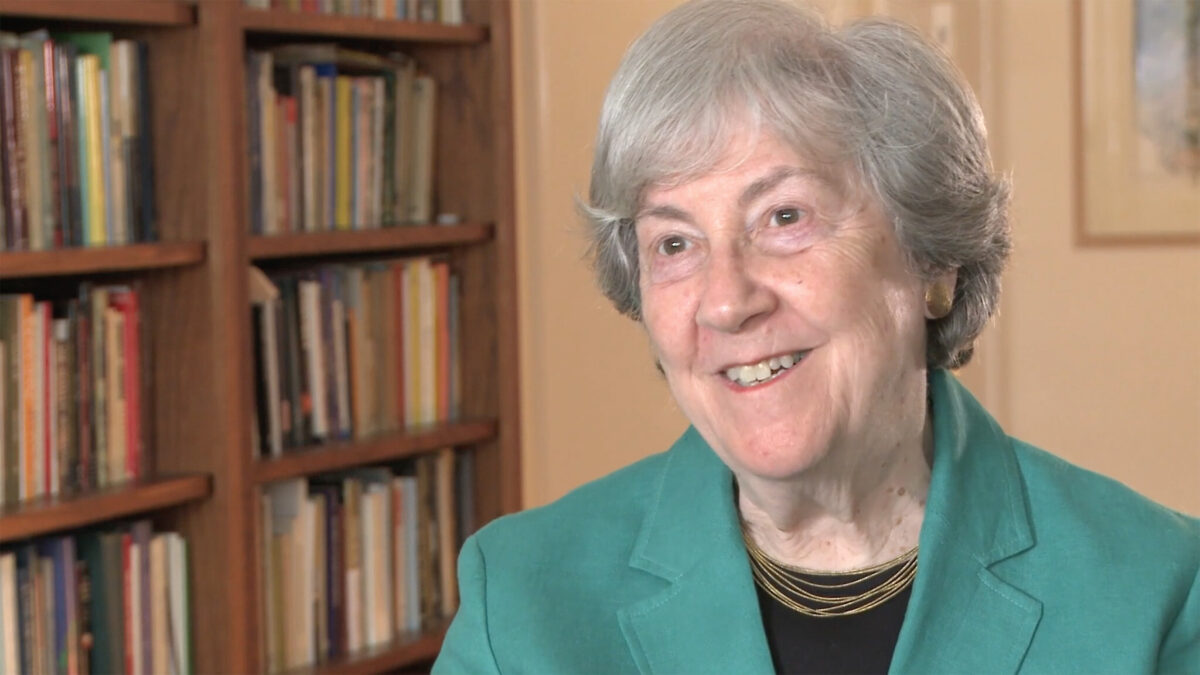Ruth Wisse was one of the lucky ones.
As she writes in the first paragraph of her wide-ranging, stimulating book, Free As A Jew: A Personal Memoir Of National Self-Liberation (Wicked Son), “I was four years old when my parents engineered our escape from Europe … Had they not managed our flight in the summer of 1940, I would have remained a cute photograph in some Holocaust memorial museum.”
Born in the Romanian city of Czernowitz in 1936, Wisse might very well have perished in the Holocaust had her parents, Leib Rojskiss and Masza Welczer, remained where they were in the second year of World War II. Instead, they immigrated to Canada, leaving behind relatives who would be killed by the Nazis and their Romanian allies.
“Leaving Czernowitz ended the brief fairytale chapter of my parents’ life and cast us into the maelstrom of hundreds of thousands of Jewish refugees on the run,” she writes.
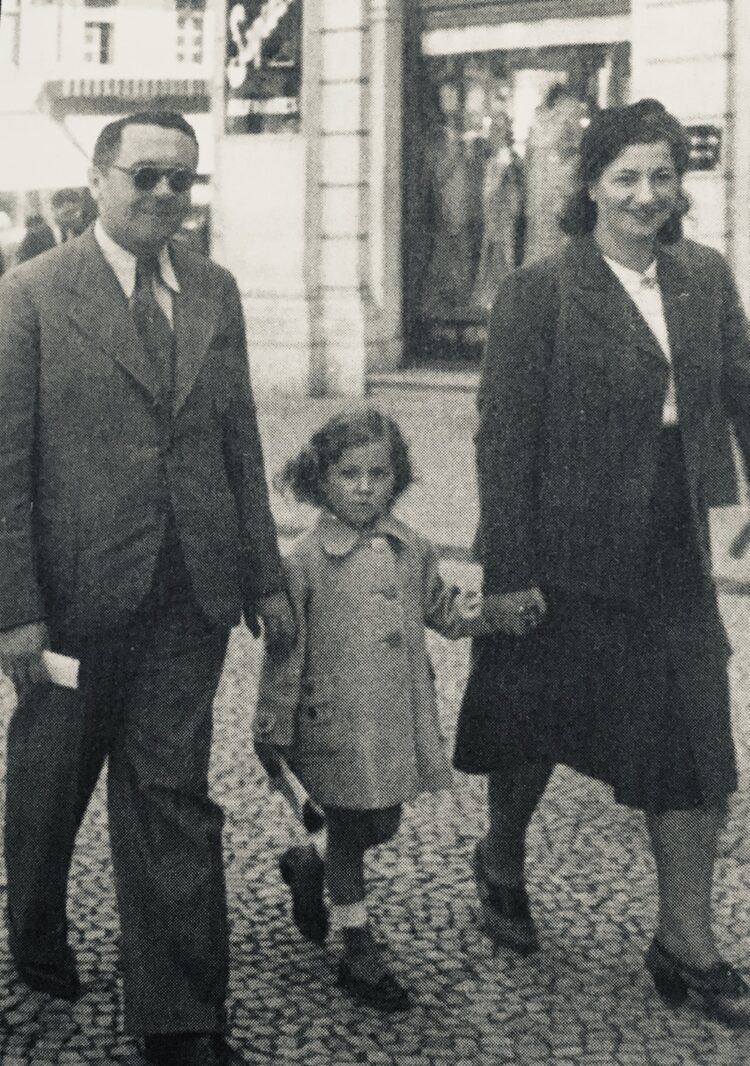
In her evocative memoir, she looks back not only at that period, but at her adolescence in Montreal, her romance with the Yiddish language and literature, her academic career at McGill and Harvard universities, her attachment to Israel, and her advocacy of conservative politics.
It may come as a surprise that her father escaped from Soviet Bolshevism rather than from German Nazism.
As she puts it, “I try to correct the mistake in the pursuit of truth … Though most of mother’s family and a large part of father’s were indeed murdered by the Nazis, we actually fled a prior evil enshrined in the pact between the two parallel predators. My father deduced that Stalin, having invaded Poland, would also invade Romania. By 1940 every Jew knew the hazards of Hitler, but father did not yield to the subtle moral blackmail concealed in the claim of communists that they were the only alternative to Hitler. He knew it was possible to have more than one enemy.”
She concedes that, while the Soviet Union officially outlawed antisemitism, the Stalinist regime suppressed Hebrew, Jewish culture, religious observance and Zionism.
Leib Rojskiss, later Leo Roskies, had no illusions about either the Soviet Union or Nazi Germany. A Polish Jew born in Bialystok in 1905, he was a chemist who had set his sights on settling in Palestine. But after his marriage to the woman he had met in Vilna in the early 1920s, he accepted a job in a rubber factory in the Polish industrial town of Krosno. In 1932, he went to Czernowitz, a cosmopolitan city which had been in the Austro-Hungarian empire, to build the first rubber factory in northern Romania.
He enjoyed success in Czernowitz, today’s Chernivtsi in Ukraine, but after the outbreak of the war he knew that his salad days had ended. “He realized that, should the Soviets ever invade Romania, his chances of survival as director of a factory would be as slim as they would be if Hitler were to attack from the West. Stalin had by then unleashed the Great Terror, leaving no doubt about his murderous methods.”
Wisse’s paternal grandfather, David, was instrumental in her parents’ fortuitous flight from Romania, having convinced the family to buy a textile factory in Huntingdon, Quebec. Thanks to his foresight, all his sons left Europe in the nick of time. They boarded a ship in the Greek port of Piraeus, reached Lisbon after the fall of France, and arrived in Montreal on October 19.
“Montreal resembled multiethnic cities like Vilna and Czernowitz,” she observes. “Jews were under no great pressure to assimilate …”
At first, they lived in a duplex on the outskirts of the Anglo enclave of Westmount, but within a year they moved to Outremont, where Yiddish-speaking Jews and French Canadians, among others, lived.
Wisse was raised in a secular household dedicated to Yiddish. Her parents “demonstratively” spoke Yiddish, and her mother formed a friendship with the poet Melekh Ravitch, who was employed by the Jewish Public Library.

“I grew up believing that nowhere in the universe had there been a Jewish cultural center as dynamic as interwar Vilna.” She adds, “Mother’s insistence on Yiddish was not ideological. With nothing else left of Jewish Vilna, she held its language sacred … Her Yiddish was marvellous.”
Her parents subscribed to more Yiddish publications than they read, and they hosted Jewish literary gatherings. “I grew up at the center of a lively literary world that imbued me with a reverence for writers and books.”
On May 13, 1948, she and her parents attended a mass rally at the Montreal Forum to mark Israel’s statehood the following day. By then, she was a pupil at the Jewish People’s School, a right-of- center Labor Zionist institution.
She and her older brother, Ben, were counsellors at Pripstein’s summer camp in the Laurentian Mountains, which, she recalls, smelled of fresh cow’s milk, hay, skunks and onion rolls.
In 1949, she enrolled at Strathcona Academy, a high school in Outremont, while many of her Jewish People’s School classmates migrated to Baron Byng, which the budding novelist Mordecai Richler attended.
She entered McGill University in 1953, by which time it had abolished measures restricting the number of Jewish undergraduates. “Intellectual adventure was what I really craved,” she says. A student in the honors English program, she covered cultural events for the McGill Daily. “Journalism was how I was becoming educated,” she says.
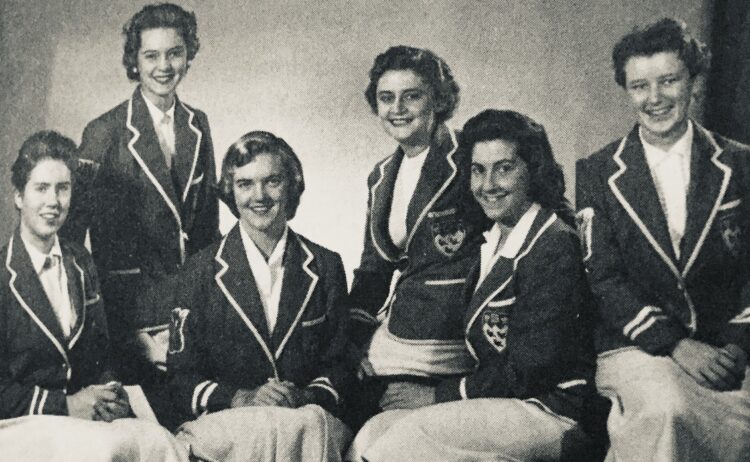
While at McGill, she befriended the poet Leonard Cohen, whom she remembers vividly.
She met her husband-to-be, Len Wisse, a law student at the University of Montreal, around this time. “I fell in love with him on sight,” she says. Years later, Len Wisse prepared the marriage contract of Pierre Elliot Trudeau, the Canadian prime minister, to Margaret Sinclair, the mother of Canada’s current prime minister, Justin Trudeau.

After her honeymoon, Wisse landed a job as a press officer for the Canadian Jewish Congress. Among her duties was editing the Bulletin, its monthly house organ. She used it to promote Jewish writers and artists.
Thanks to an acquaintanceship with the Yiddish poet Avrom Sutzkever, she was admitted to Columbia University’s Yiddish language and literature program. She studied under Max Weinreich, one of the founders of the YIVO Institute for Jewish Research in Vilna. Wisse focused her scholarly attention on the famed Yiddish writer Mendele Mokher Sforim.
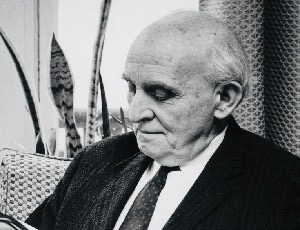
It was her good fortune to also study under the great Jewish historian Salo Baron. By the spring of 1964, she had finished her MA degree, having produced a thesis on “Young Vilna,” the group of Yiddish writers and poets in prewar Lithuania.
Returning to McGill, Wisse enrolled in its new doctoral program in English literature. Her advisor was Louis Dudek, a Canadian of Polish descent. Her PhD dissertation was on the schlemiel as a comic hero in Yiddish and American Jewish fiction.
By 1969, she was teaching Yiddish literature at McGill, which was eager to enlarge its scope. “Within a few years a full-fledged program in Jewish studies, later to become a full-fledged department, has its own premises, secretary and several full-time faculty members,” she says. “To avoid being marginalized, we made most of our appointments jointly with the departments of history, literature and philosophy and with the divinity school that then housed courses on religion.”
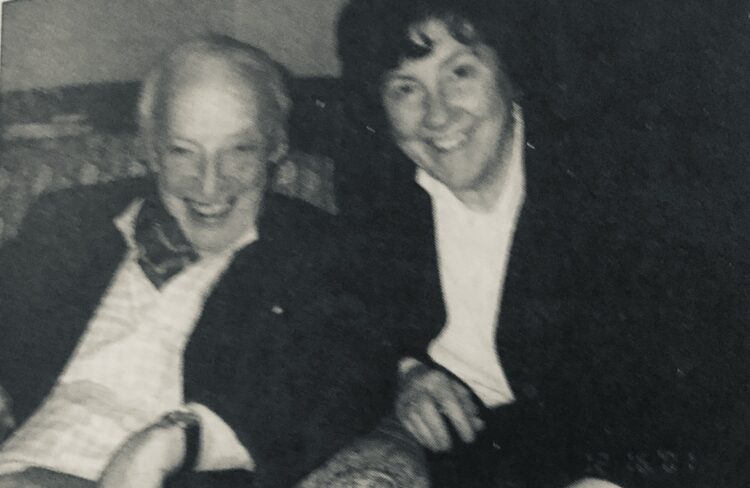
Departing from the “irregular practice” of her parents, she began observing the Sabbath and lighting candles.
In 1971, she and her family made aliyah. “Our move defied the normal pattern of voluntary immigration for material advantage.” They returned to Montreal a year later. In retrospect, she agrees with her husband that their decision to give up hard-earned positions, remove their children from school, and leave parents, family and friends for a country whose language they would never completely master may have been foolhardy. McGill rehired her, impelling her to work even harder.
About halfway through her book, Wisse focuses on her political journey. “I seem to have always appreciated the conservative strain in Jewishness and could not understand how such intelligent people could have subordinated that to anything less substantial and less interesting,” she says.
She turned to conservatism when “liberalism turned illiberal.” A trip to Poland was influential as well. “Everything I saw and experienced … turned me all the more against communism.”
She began writing for Commentary magazine, whose editor, Norman Podhoretz, had been on the same road.
Wisse condemns the New Left’s embrace of anti-Zionism. “It was shocking to see libellous representations of Jews as ‘colonizers’ and ‘imperialist occupiers’ taking hold not only at the United Nations but on American campuses and among media and cultural elites.” To Wisse, anti-Zionism is “a more advanced form of antisemitism.”
Zionism, in her mind, resembles “dozens of contemporaneous movements of national self-liberation, and the Jews’ indigenous right to the Land of Israel is as solid as the claim of the Chinese to China.” She goes on to say that “protecting Israel from its enemies” is a “political imperative, the prime test of good versus evil.”
She has nothing but contempt for the now-defunct Oslo peace process, which ended with the eruption of the second Palestinian uprising in 2000.
Wisse criticizes Jewish organizations for laying far too much emphasis on Holocaust commemoration at the expense of “the recovery of Jewish sovereignty in the Land of Israel.” In her opinion, this was “morally wrong and politically dumb.”
“Worst of all, at the college level, where students are introduced to other cultures, courses on the Holocaust became the major draw of Jewish Studies, while Zionism and Israel were almost never taught.”
She remains convinced that “the sustained public emphasis on the Holocaust as the prime marker of Jewish identity helped materially to obscure the issues at stake in the post-Holocaust era, to disarm American Jews and their friends, and to ease the way of their enemies.”
On January 1, 1993, Wisse began a new chapter in her life as professor of Yiddish literature at Harvard. The Ivy League university had never “figured” in her “aspirations.” Her move to Harvard started when the historian Lucy Davidowicz informed her that this position would soon be available.
By that juncture, she was ready to leave McGill.
“I had been appointed to McGill’s first named chair in Jewish Studies, but since the university funded no graduate fellowships in our field, I would miss the chance to prepare future scholars of Yiddish.”
Further, her children — Billy, Jacob and Abby — had found jobs outside Canada.
“Apart from my job at McGill, almost everything else in my working life … was situated in the United States.”
So she went too Harvard.
“Teaching at Harvard was a rare pleasure … Yet I am now faced with the need to describe the academic decline I would witness in the next twenty-one years, a decline I was powerless to arrest and see no immediate prospect of being reversed.”
In particular, she refers to the “political correctness” on campus and the “pervasive culture of capitulation” which forces everyone to look over his or her shoulder “in fear of censure by others.”
And she is skeptical of affirmative action programs to correct past injustices.
Wisse expresses her right-wing political beliefs with conviction, and this passion shines through in Free As A Jew.
